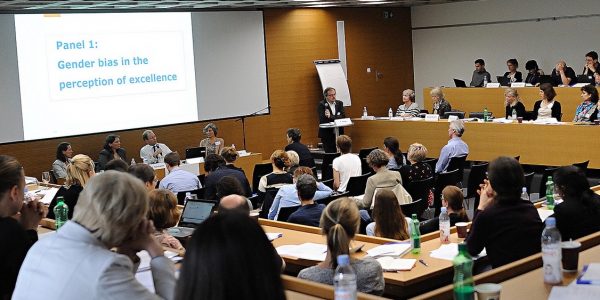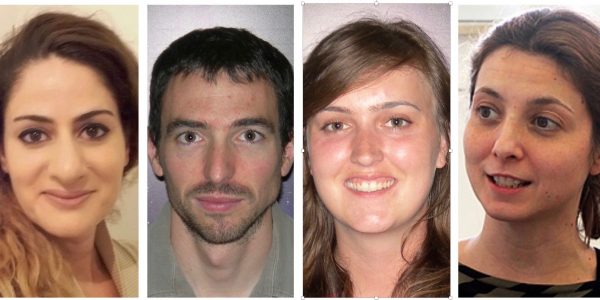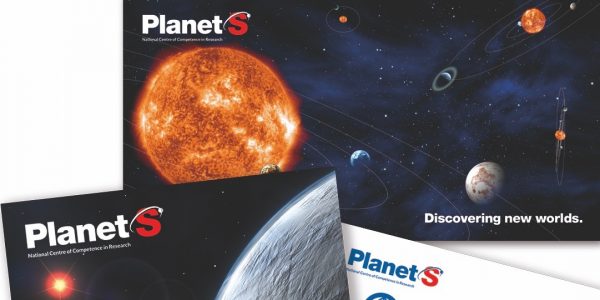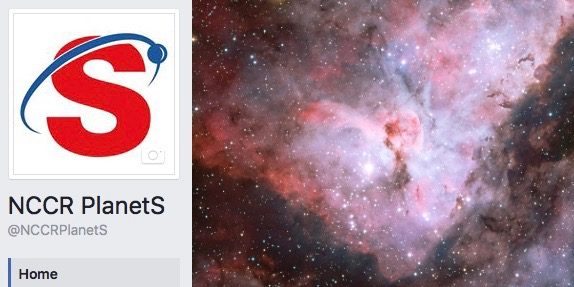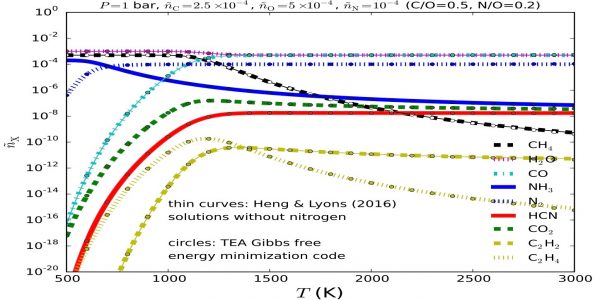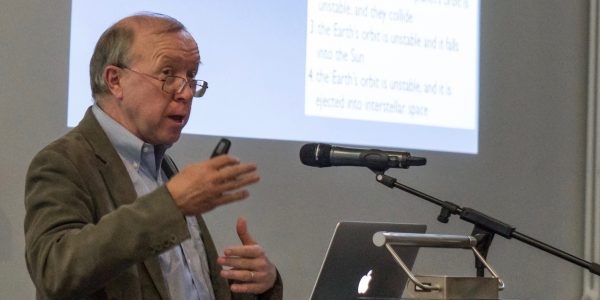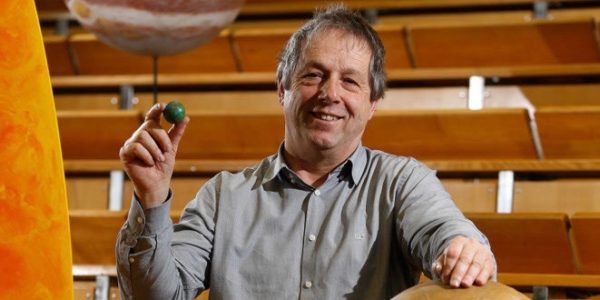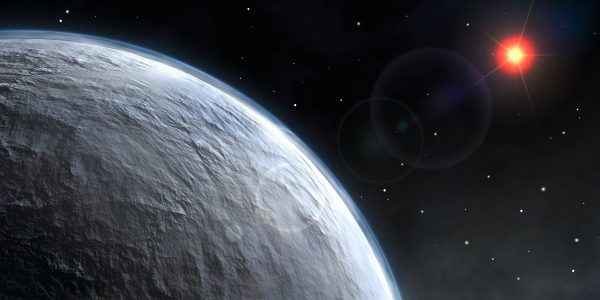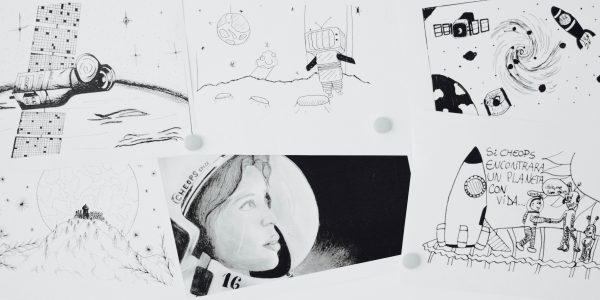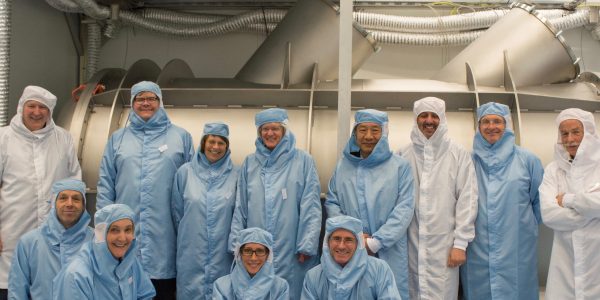Author Archive
Insights into current topics in gender research
By Nadine Afram Gender analysis in research and research funding is a hot topic and it is seen, for example, as a priority in Horizon 2020. In the next few issues, I will present some of the current topics that are discussed in gender research. Decision-making positions in science are still male dominated which leads […]
Continue ReadingNew members of PlanetS
Ravit Helled is a new professor at the University of Zurich and is going to replace Prof. Michael Meyer in the academic platform of PlanetS. “I am working with people who are involved in different PlanetS projects, and my main interests are linked to theory of planet formation, evolution, and internal structure,” she explains. Ravit […]
Continue ReadingPostcards and roll-ups
You have soon a presentation, you are invited to a talk or you organize an event? Then the communication and outreach team can offer to support you with outreach material to reinforce your message and to make the NCCR PlanetS further known. On the one hand, two postcards are available. One of them is advertising […]
Continue ReadingRed grass, Einstein and ESPRESSO
Since the launch of the PlanetS Facebook page in April 2016, every week the team of authors has published more than ten new posts. Here is a list of the contributions that reached the most people. The winner with 2418 people reached is a story published on 27 May – Neighbors Day. It shows a picture […]
Continue ReadingAtmospheric chemistry on paper
Normally computers speed up calculations. But with his new pen-and-paper formula Kevin Heng of the University of Bern gets his results thousands of times faster than using conventional computer codes. The astrophysicist calculates the abundances of molecules (known as atmospheric chemistry) in exoplanetary atmospheres. Ultimately, deciphering the abundances of molecules allows us to interpret if […]
Continue Reading“Almost certainly, the Earth’s orbit will survive”
To students, Scott Tremaine is best known as co-author of “the bible of astrophysics”. His textbook “Galactic Dynamics” is one of the most cited references in astrophysics. The Richard Black Professor at the world famous Institute for Advanced Study (IAS), Princeton, is also an expert in the theory of the Solar System and is credited […]
Continue ReadingReporting on our activities
Dear Reader, The beginning of the presentations of our activities to the international expert panel and Swiss National Science Foundation (SNSF) representatives marks the end of a year-long preparation process. While PlanetS enjoys significant freedom in its organisation and priority setting, reporting on our activities is an essential element in our yearly cycle. This takes the […]
Continue ReadingHow planetary age reveals water content
Water is necessary for life as we know it, but too much water is bad for habitability. Therefore, to study the habitability of extrasolar planets, determining the abundance of water is a key element. Yann Alibert, Science Officer of PlanetS, shows that the observation of exoplanets at different ages can be used to set statistical […]
Continue ReadingThe Universe from a Child’s Perspective
“The Universe provides ample scope to use one’s own imagination,” says Anna Lehninger. The art historian investigates children’s drawings as a cultural asset and has had a look at the pictures resulting from the drawing campaign carried out in association with the CHEOPS mission. In early 2018, 3000 drawings will be sent with the CHEOPS […]
Continue ReadingTop Marks for PlanetS
Once a year renowned experts evaluate the scientific quality and the progress made in every Swiss National Centre of Competence in Research (NCCR). After a two-day exam at the end of May at the Geneva Observatory the review panel was highly impressed by the activities of the NCCR PlanetS. The yearly site visit of the […]
Continue Reading
